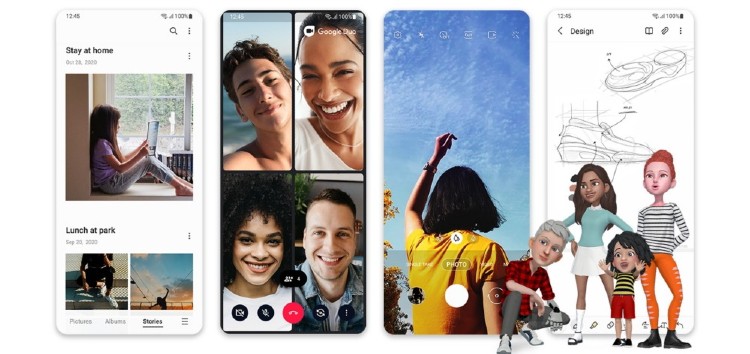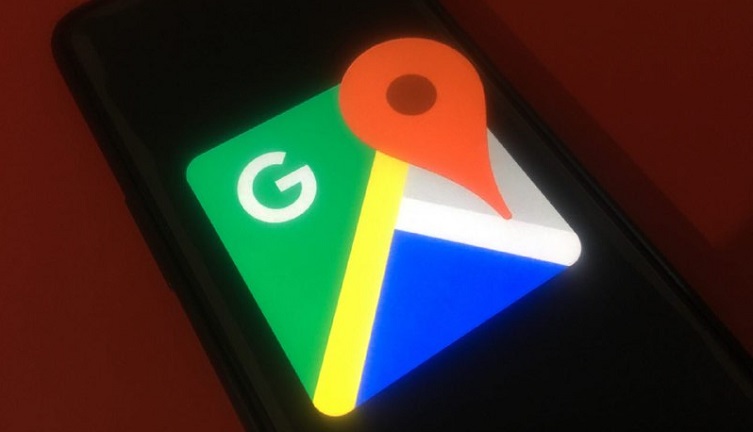In the past, we’ve seen many OEMs adopt aggressive battery management practices to offer users a longer-lasting phone.
This involves killing background processes after a certain period of time to boost the battery life on the device and there have been a number of articles, videos, and general backlash from the public against this practice.

The issue was discussed with Google engineers during the development of Android 11 who claimed that they will be implementing some measures to prevent manufactures from killing background apps without notifying users or giving them the option to override the restrictions manually.

Previously, most Android smartphone makers from China were considered to be the worst offenders since they adopted aggressive battery management practices, however, with the One UI 3.0 update based on Android 11, Samsung has taken the lead (that’s bad).
The Don’tKillMyApp team recently revealed that Samsung has introduced a new severe (default ON) restriction with the One UI 3.0 update.
Despite Android team promise to enforce OEMs to be transparent about non-standard app killing, in Android 11 Samsung has introduced a new severe (default ON) restriction. Apps can no longer hold wake lock in foreground services. This breaks many use-cases, for instance health apps are now unable to gather sensoric data for their users. See details here and read below for workarounds.
This new change prevents apps from holding the wake lock in foreground services. And it directly affects apps such as those that gather sensor data in the background.
The problem has also been reported to Google by a developer who claimed that the test app they ran on the Galaxy S10e with Android 11 stopped receiving data from the accelerometer after 3 minutes when unplugged.
Fortunately, it seems that the issue has been shared with Google’s product and engineering teams according to an employee from the company.

At present, it’s hard to say what might be the outcome of this. However, we hope Google enforces strict policies regarding companies killing apps running in the background.
Nevertheless, the Don’tKillMyApp team has shared a temporary workaround for the aggressive battery management issue on Samsung phones running One UI 3.0 or Android 11. Check it out below:
To keep your apps working properly make sure you enable:
Settings > Apps > Your App > Battery > Battery optimization > All apps > Your app > Don’t optimize.
With that out of the way, what are your thoughts on aggressive battery management practices that result in apps being purged in the background all too often? Is the improved battery life worth the trade-off?
PiunikaWeb started as purely an investigative tech journalism website with main focus on ‘breaking’ or ‘exclusive’ news. In no time, our stories got picked up by the likes of Forbes, Foxnews, Gizmodo, TechCrunch, Engadget, The Verge, Macrumors, and many others. Want to know more about us? Head here.


